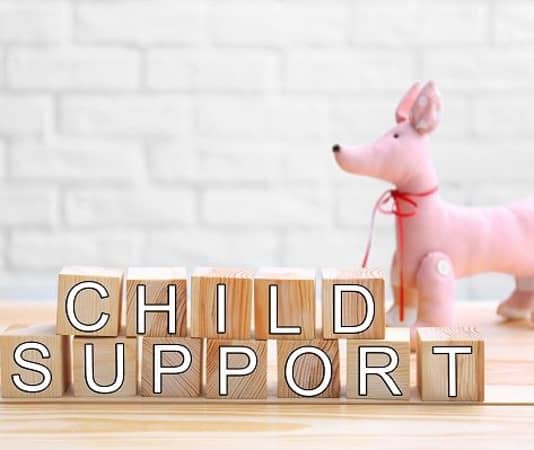Emancipation Law and Child Support

In the past few years, New Jersey has passed several laws reforming the way family law operates. In January 2016, a new child support law was signed by the governor, and it took effect on February 1, 2017, and helps to determine when a child is emancipated, meaning when the parents are no longer obligated financially for the child. The law will apply to all child support orders issued prior to or after that date. The law is designed to provide better clarity on when a child support obligation will end, and to help end the confusion that sometimes surrounded this issue.
Age of Emancipation in NJ
There is a presumption that the child support obligation should end automatically when the child turns nineteen years old. There are exceptions, however. If a court order specifies an older age for termination of support, then that order controls.
The order may not provide for child support to end any later than the child’s twenty-third birthday. Child support will also end automatically if the child gets married, passes away, or joins the military. A parent may file a motion asking that child support continue past the age of nineteen. This motion must be filed before the child’s nineteenth birthday.
If a custodial parent receives a motion to request that child support should be terminated, the parent may submit his or own reasons why child support should continue past the age of nineteen. These reasons would include that a child is still enrolled in high school, the child is enrolled full-time in college, or that the child has a mental or physical disability that requires continued child support. If the court decides to extend child support past the age of nineteen, the court must provide a date in the order when child support will terminate.
New Jersey is one of the few states that imposes an obligation on the parents to assist in paying for college. This is reflected by the fact that a parent may be obligated to continue paying child support if the child is enrolled full-time in college. In the past, it was possible that a parent would be required to pay child support even for a “child” who was well past the age of nineteen, so long as he or she was enrolled in college. With the new age cap of twenty-three years old, it seems possible that this will no longer be the case.
We have experience in helping our clients sort through child support issues. Let us help you with understanding your child support order and how the new law may affect you. Contact us today at (732) 529-6937 for an appointment.
